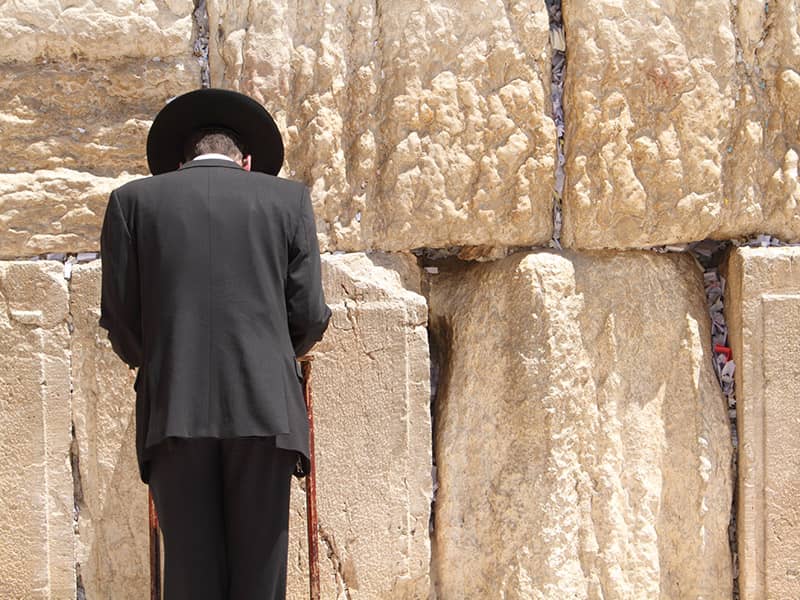My darling daughter, this night may not be that different from all other nights, but it is different enough to have us out and about on a school night going to a Passover dinner. The real question of the night is not one of the four questions that tradition once had you ask as part of the order of the evening. No, the question is, why is your father, an atheist Jew, taking you and your non-Jewish mother to a quasi-religious ceremony to read and consider one of the most well known stories about the God of the Hebrew Bible?
Biologist, author, and vocal atheist Richard Dawkins describes this God of the Hebrew Bible as "arguably the most unpleasant character in all of fiction: jealous and proud of it; a petty, unjust, unforgiving control freak; a vindictive, bloodthirsty, ethnic cleanser; ..." and on and on he goes with several more lines of pejorative words, many of which I cannot pronounce, and most of which you may not even recognize. Dawkins then goes on to say that "those of us schooled in infancy in his ways can" become numb and lose our sensitivity to the horrors of this God.
I agree with Dawkins and I certainly do not wish for you to lose your sensitivity to the horrors in the story we tell on this night, a story that includes the death of all of Egypt's first born sons and of the drowning all of Pharaoh's soldiers just because they either believed in other gods or had the poor fortune to be born into a family that believed in other gods.
Nevertheless, I have us go because on this night I can help you to see these stories not as morality tales but as myths that provide perspective on an ancient people and their worldview. We go and we read because I want to raise your consciousness about what these biblical stories really contain versus how some can sugarcoat or misinterpret these stories, or conveniently forgot the parts of the stories that they don't like. We go and read because I want you to be aware of the many views of these stories so that you may gain knowledge, perspective, and insight.
Part of this insight comes from historian and author Thomas Cahill, who despite God's behavior still sees the Hebrew Bible as the gift of the Jews to the larger world. Take for example another Biblical story, that of Abraham's willingness to sacrifice, or should I say murder, his beloved son Isaac to obey God's command. According to Cahill, if you lived in the ancient world where your neighbors, the Canaanites, sacrifice their children to their gods, this God of the Hebrews who issues a last minute reprieve is actually a very, very, big improvement. Thus, as Cahill explains, and despite the many vile features that one can rightly attributes to the God of the Bible, this same God provides many gifts, such as: the idea of the equality and dignity of the individual; the idea of a fair and measured justice; and the idea that life can get better. Most noteworthy from this small, otherwise irrelevant, desert tribe and the stories of their God begets the very idea that it is our responsibility to try to make the world a better place.
The answer to your question of why we are participating in this ritual when we don't go to temple even on Jewish holidays is that I want you to know the stories that this tribe told around their ancient campfires as they tried to make a better life. Even though our Passover Seder is quite irreverent, I want you to understand those stories from perspectives wider than the Red Sea. This was the Passover message that my father gave to me and that I understood to be that the real and best of Jewish tradition is to modify and improve the tradition. It is my gift to you that we go to your cousin's to observe this Passover Seder in our own way. That and we like the food.

